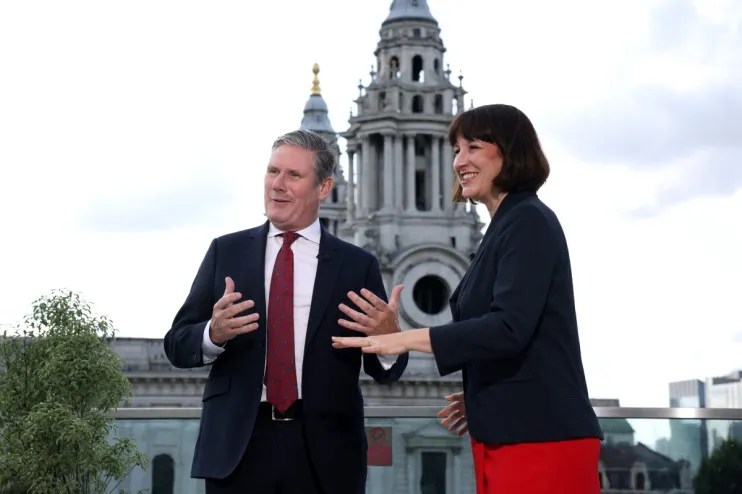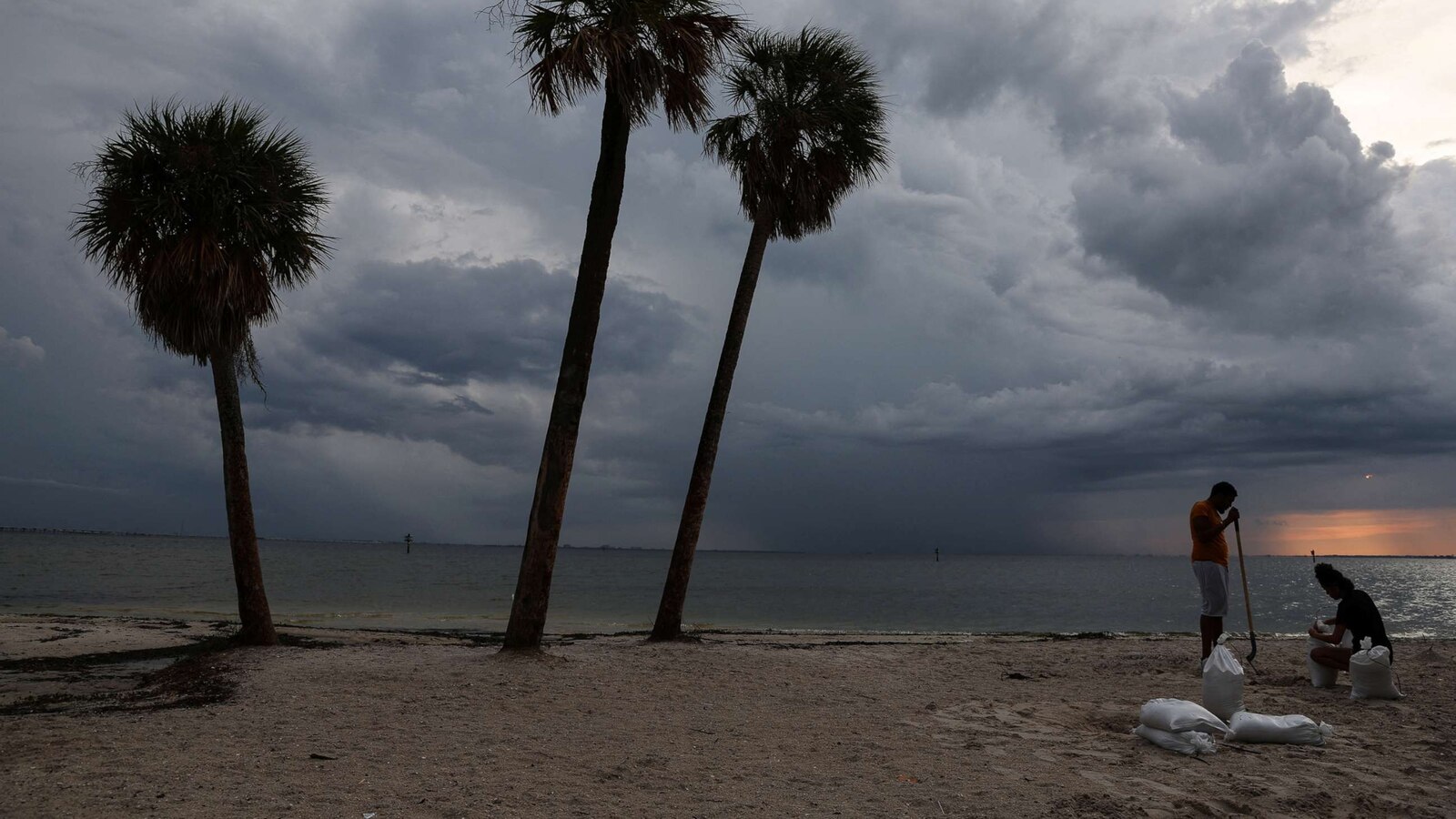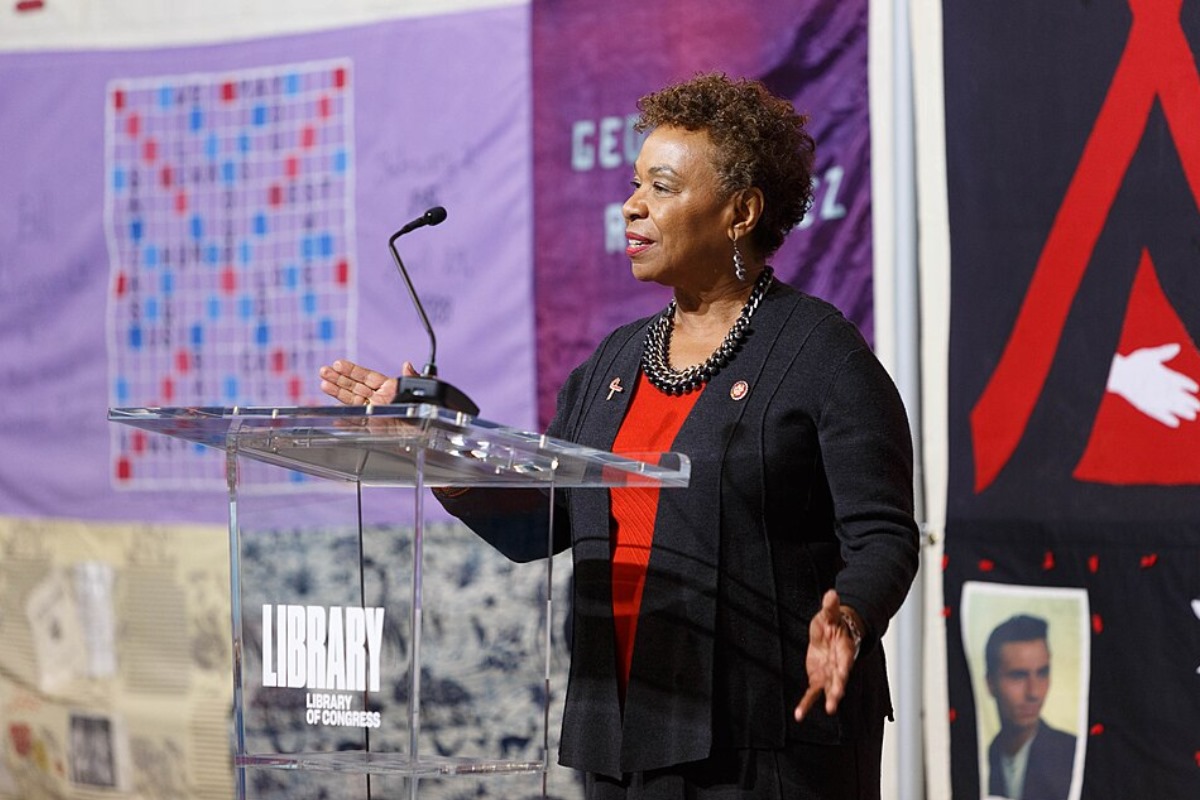Copyright cityam

Sir Keir Starmer has hit back at China’s Foreign Ministry as he said a decision on its embassy proposal at the Royal Mint Court site, located just beyond the Square Mile, would be taken in a “proper way regardless of any views or pressure from anyone”. In an interview with Bloomberg, the Prime Minister defended the government’s policy approach on China but he insisted it would not bend over to lobbying from the country’s diplomats over its embassy proposal near the Tower of London, which has raised concern among City leaders. The PM’s comments appeared to be a direct response to a suggestion by Chinese foreign ministry spokesman Lin Jian that the UK would “bear all consequences” if it did not “honour its commitments” to approve the embassy. Asked whether he would let the UK be pushed by China on the embassy, Starmer said: “No. The decision on the embassy will be taken in the proper way regardless of any views or pressure from anyone.” Starmer also took aim at China’s trade policies. He said the country’s decision to introduce controls on exports of rare earth minerals would be a “strategic issue” raised in discussions with other countries. Starmer also agreed that President Trump should demand President Xi Jinping to stop buying oil from Russia at a scheduled meeting in South Korea this week. Starmer walks tightrope The Labour government has faced intense scrutiny over the terms of its relationship with China in recent weeks following the collapse of a spy case involving researchers Christopher Cash and Christopher Berry. Both deny all allegations of spying for China. Its policy position states that the UK “will co-operate where we can, compete where we need to, and challenge where we must” with regard to China. At a parliamentary hearing on Monday, deputy national security adviser Matthew Collins, who provided a witness statement to prosecutors leading on Chinese spy charges containing the current government’s policy position, said he was “surprised” when he discovered the Crown Prosecution Service would not proceed with its case. Collins referred to China as “the biggest state-based threat to the country’s economic security” and described its operations in “large-scale espionage” but did not refer to China as an “active threat”. “What I was able to say is that China poses a range of threats to our national security. I was able to say that these include espionage threats, cyber-threats, threats to our democratic institutions, threats to our economic security.” The director of public prosecutions Stephen Parkinson, and the prosecuting counsel Tom Little, said that it was clarified to them that China would not be described as an active threat. The public row between senior civil servants and prosecutors has revealed the difficulties the UK government faces in maintaining trade relations with China while ensuring that security threats are suppressed. Over the last month, a series of reports on China’s alleged procurement of UK classified documents, including through cyber attacks, has put pressure on Labour to change its approach. MI5 boss Ken McCallum said security services would “never back off” dealing with Chinese security threats. In his interview with Bloomberg, Starmer insisted the government’s policy approach to China had not changed despite the ongoing Chinese spy case row. “Nothing has changed because of the spy case in recent weeks. The policy position remains exactly the same.” Reeves brings up Brexit The Labour government has looked to boost trade ties with China and several other countries that raise questions about the conflict between economic and political trade-offs in diplomacy. At ‘Davos in the Desert’ in Riyadh, Rachel Reeves spoke about the government’s ambitions to boost trade ties with Gulf countries in order to boost productivity, which the Office for Budget Responsibility (OBR) is expected to take a negative view on. She also suggested that the government had shaken off fears about bringing Brexit back into public debate and relations with the European Union up given “public support” for its trade deal struck in May. “The worry we had as a government is that re-opening that can of worms might be quite dangerous, [but] actually the response has been very good.”



